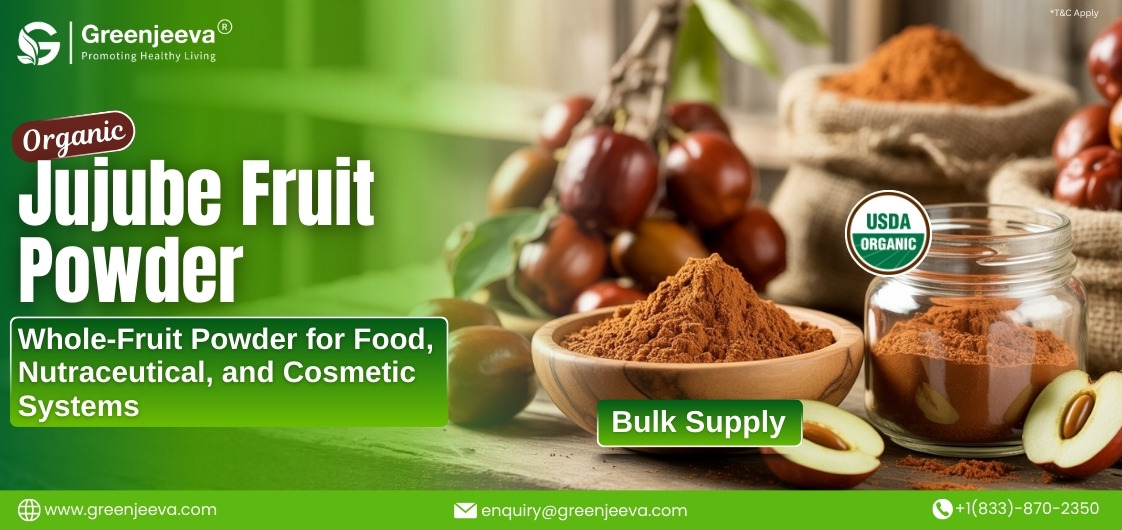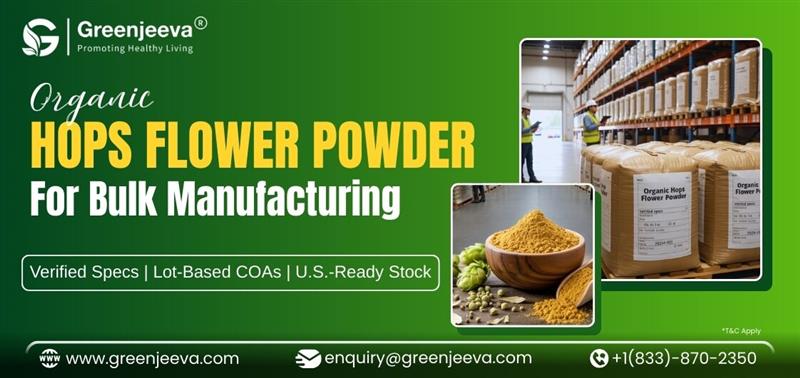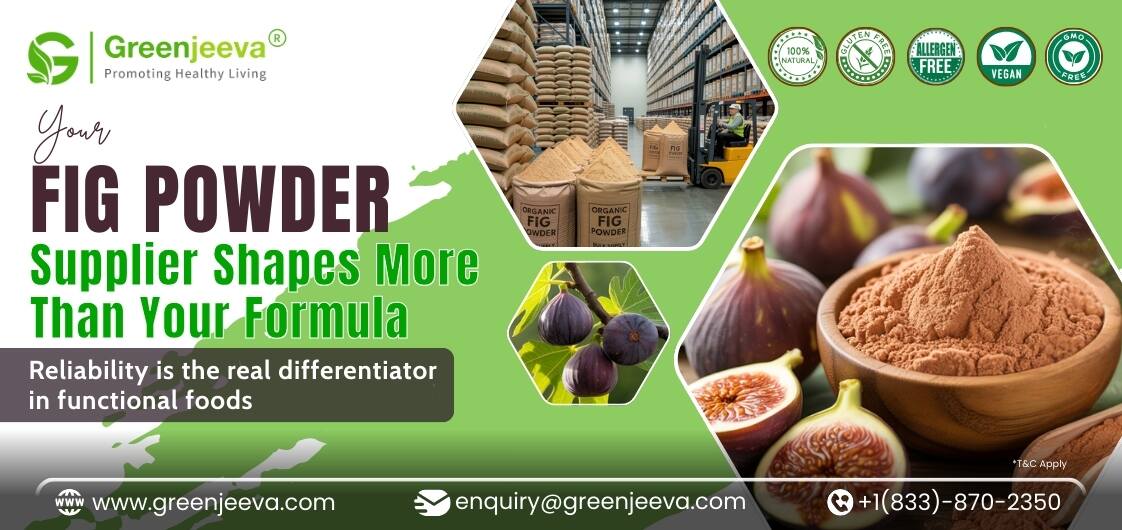Fortified Cereal Market and Healthy Cereal Ingredients: A Guide

The fortified cereal market is booming, with projections reaching $5.79 billion by 2028. This growth presents exciting opportunities for businesses in food manufacturing, ingredient supply, and nutritional supplements. From sourcing healthy cereal ingredients to meeting consumer demand for healthier breakfast options, the fortified cereal industry offers numerous avenues for B2B collaboration and innovation.
Let's explore the key factors driving this market and how your business can capitalize on this nutritious trend.
• The global fortified breakfast cereal market size was valued at USD 4.31 billion in 2020 and is expected to reach USD 5.79 billion by 2028, growing at a CAGR of 3.8% from 2021 to 2028.
• Fortified cereals are typically made by adding vitamins and minerals to the cereal grain during manufacturing. Commonly fortified nutrients include iron, zinc, calcium, vitamin D, and B vitamins.
Following are some findings from a survey:
• 76% of U.S. adults reported eating breakfast at least once a week.
• 63% of those who eat breakfast reported eating cereal as a breakfast option.
• Among those who eat cereal, 39% reported looking for cereals fortified with vitamins and minerals.
• When asked about the importance of certain attributes when purchasing cereal, 60% of respondents said that "nutritional value" was important, while 36% said "vitamin and mineral content" was important.
But what exactly goes into cereal fortification?
The specific ingredients in fortified cereals can vary depending on the brand and type of cereal, but some common fortified ingredients in leading cereal brands include:
Vitamins and Minerals: One of the critical features of fortified cereals is the addition of vitamins and minerals. Common nutrients added to these cereals include iron, zinc, calcium, and vitamins such as A, C, D, E, and B. These added nutrients help support overall health and well-being, particularly for those who may not get enough of these nutrients from their diet. Fortified cereals often contain added vitamins and minerals, such as iron, zinc, calcium, and vitamins A, C, D, E, and B.
Whole Grains: Whole grains are another vital ingredient in fortified cereals. Many of the leading brands include whole grains like oats, wheat, and rice. These grains provide fiber, protein, and other essential nutrients, which can help keep you feeling full and energized throughout the morning.
Sugar: While some fortified cereals are low in sugar, others may contain added sugars, such as corn syrup or honey. It's essential to read labels and choose grains that are lower in sugar or opt for unsweetened varieties. Some cereals may also use sugar substitutes, like stevia or monk fruit, as a healthier alternative.
Preservatives: Some fortified cereals may contain preservatives, such as BHT or BHA, to help extend their shelf life. While these additives are generally considered safe, some people may prefer to choose cereals without them.
Artificial Colors and Flavors: Some fortified cereals may contain artificial colors and flavors to enhance their taste and appearance. These additives are generally safe to consume in moderation, but those who avoid artificial ingredients may want to choose cereals with natural colors and flavors instead.
Raw ingredients in healthiest fortified cereals
Sourcing quality raw materials are critical for ensuring the final product and safety, efficacy, and consistency.
Here are some reasons why it is essential to source quality raw materials:
Product Quality: The quality of raw materials directly impacts the quality of the final product. High-quality raw materials result in high-quality finished products, while low-quality raw materials can lead to subpar products.
Safety: Poor-quality raw materials can be contaminated with harmful substances such as heavy metals, pesticides, and microorganisms. These contaminants can pose serious health risks to consumers and lead to product recalls and damage to a company& reputation.
Regulatory Compliance: Many industries, such as food and pharmaceuticals, are subject to strict regulatory requirements. To comply with these requirements, sourcing quality raw materials that meet regulatory standards is critical.
Consistency: Consistency in the quality of raw materials is important for ensuring consistency in the final product. Quality raw materials consistent in composition and purity are less likely to cause variations in the final product.
Cost Savings: Sourcing quality raw materials can result in cost savings in the long run. Poor-quality raw materials can lead to product recalls, lost production time, and damage to a company& reputation, which can be costly.
Sustainability: Sourcing quality raw materials can support sustainable practices. High-quality raw materials sourced sustainably can reduce the impact on the environment and help the longevity of the supply chain.
Are you searching for a dependable supplier of these ingredients?
Look no further than Green Jeeva. As a leading provider of nutritional supplement ingredients, Green Jeeva streamlines the global supply chain for the nutraceutical industry. We handle all the necessary tasks, allowing you to focus on your core business. We ensure the prompt delivery of genuine products with proper documentation. Green Jeeva maintains a ready inventory and offers free shipping worldwide for large orders.
**The Food and Drug Administration has not evaluated these statements. This product is not intended to diagnose, treat, cure, or prevent any disease.**






